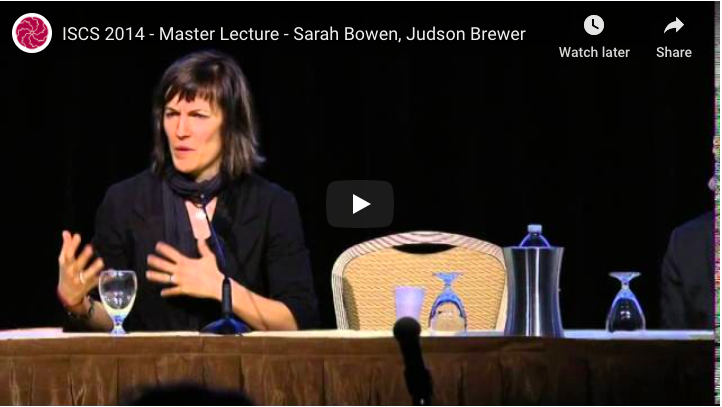Buddhism, Behaviorism, and the Brain: Towards a Better Understanding of the Mechanisms and Mitigation of Craving, Grasping, and Addiction
The seemingly intractable behavioral cycles and suffering of addiction offer a vivid and painful illustration of the necessity and challenge of behavior change. Decades of tireless research on the nature of, and mechanisms underlying, addiction have led to scientific and clinical advances, yet relapse remains the most common outcome for individuals struggling with addictive behaviors. Recently, scientists have turned attention to the integration of ancient and contemporary theories and practices to better understand the learning processes that may underlie craving and addiction, and to develop increasingly effective ways to support sustainable behavior change. This presentation will explore the integration of Buddhist understandings of the nature of craving and attachment with modern behavioral psychology, cognitive neuroscience, and fMRI neuroimaging. We will explore specific classical and operant conditioning-based mechanisms and brain regions implicated in the craving/aversion process underlying habit formation, relapse cycles, and behavior change. We will look at clinical applications based on such models, and will briefly review the evidence base from clinical studies of smoking cessation and alcohol and drug addiction.

Sarah Bowen, PhD
Pacific University
Reviewer
Sarah Bowen is an assistant professor of psychology at Pacific University in Portland, OR. Her research and clinical work has focused primarily on integrating meditation practice and mindfulness-based approaches traditional … MORE

Judson Brewer, MD, PhD
Brown University
Jud Brewer MD, PhD (“Dr. Jud”) is a New York Times best-selling author and thought leader in the field of habit change and the “science of self-mastery,” having combined over … MORE


